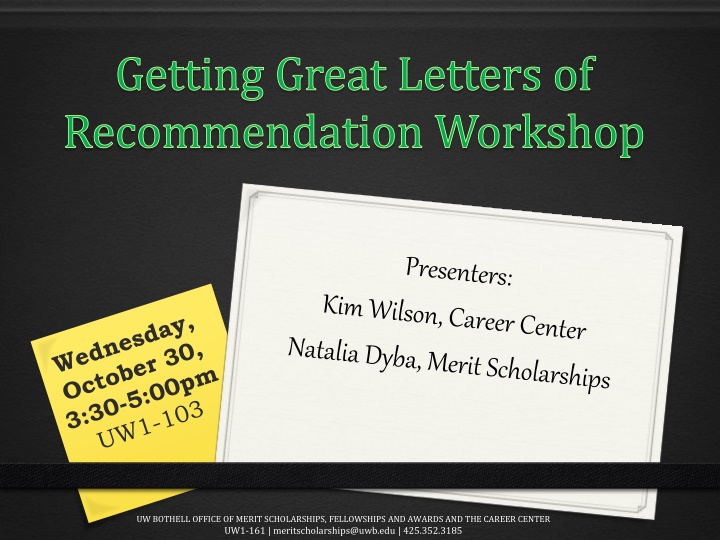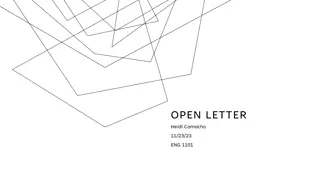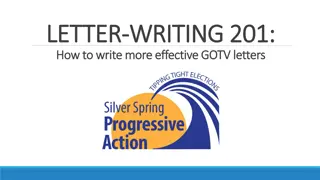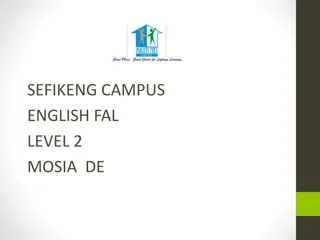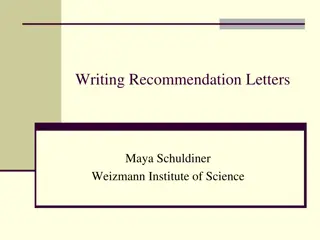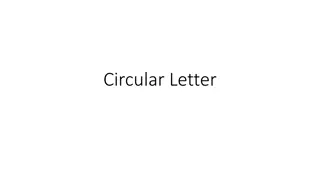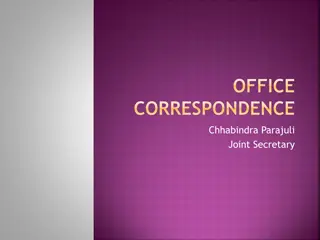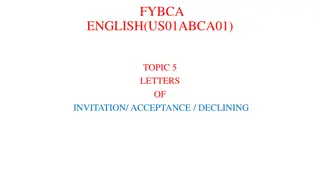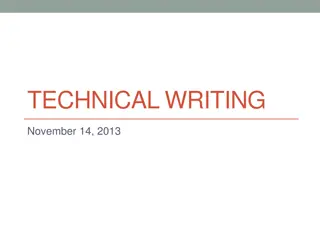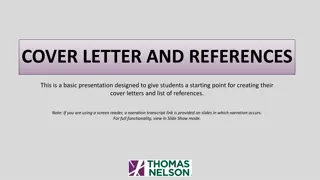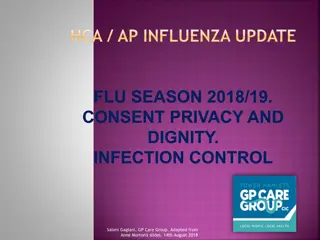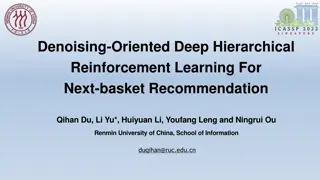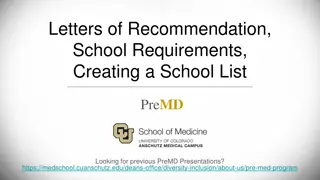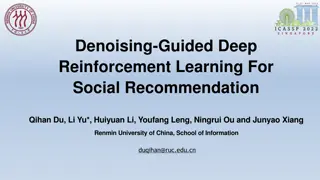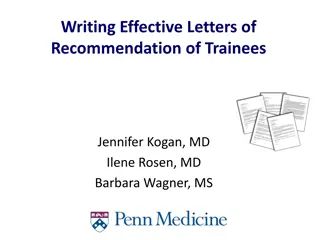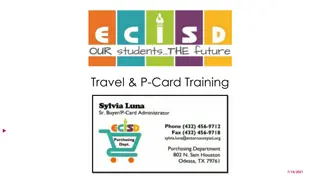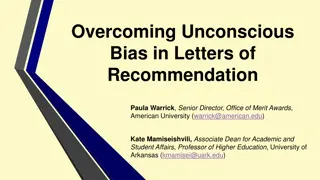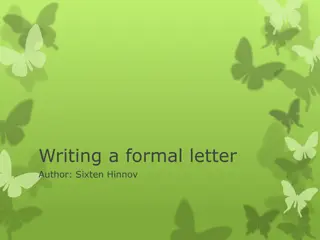Tips for Obtaining Great Letters of Recommendation
Learn the strategies for obtaining strong letters of recommendation for scholarships and job applications. Discover the difference between good and outstanding letters, network effectively, and make compelling requests to enhance your chances of success.
Download Presentation

Please find below an Image/Link to download the presentation.
The content on the website is provided AS IS for your information and personal use only. It may not be sold, licensed, or shared on other websites without obtaining consent from the author.If you encounter any issues during the download, it is possible that the publisher has removed the file from their server.
You are allowed to download the files provided on this website for personal or commercial use, subject to the condition that they are used lawfully. All files are the property of their respective owners.
The content on the website is provided AS IS for your information and personal use only. It may not be sold, licensed, or shared on other websites without obtaining consent from the author.
E N D
Presentation Transcript
Getting Great Letters of Recommendation Workshop UW BOTHELL OFFICE OF MERIT SCHOLARSHIPS, FELLOWSHIPS AND AWARDS AND THE CAREER CENTER UW1-161 | meritscholarships@uwb.edu | 425.352.3185
Agenda Overview of letters of recommendation Good vs. great letters of recommendation Tips for getting great letters Advice from faculty panel Q&A
Overview What purpose do letters of recommendation serve? Types of recommendations Foundation = relationships built over time
Sample Letters Review the good and outstanding letters. Discuss: What makes the outstanding letter more effective?
Good Letters vs. Great Letters Indicate strong academic performance List positive qualities of applicant Make general recommendations Demonstrate that the writer knows the student well Indicate understanding of the letter s purpose Give specific examples of the student skills and experiences relevant to the opportunity
Tips for Obtaining Great Letters Network to build strong relationships Pick the most strategic recommenders: o Academic vs. professional references o Alignment with program/scholarship goals Give advance notice
Requesting the Letter What s wrong with this email?
Tips for Obtaining Great Letters When making a letter of recommendation request, include: Description of program/job/scholarship 1. Exact wording of what should be covered in the letter -> skills, qualifications and accomplishments to be highlighted 2. List of specific, relevant experience: class projects, research, papers and grades for faculty; responsibilities and accomplishments for supervisors 3. Resume, cover letter or personal statement used to apply 4. Deadline and specific submission instructions 5. Name and address of letter recipient 6.
Tips for Obtaining Great Letters Communicate via one email trail Be timely and responsive to additional information requests from your reference Show thanks! Keep in touch
Faculty Panel Susan Gibson, Business Kim Wilson, IAS
